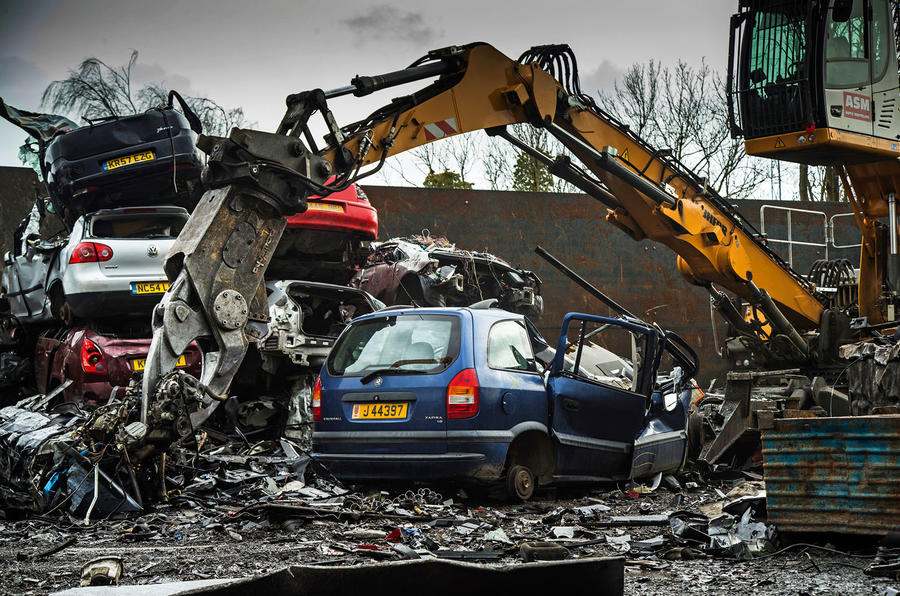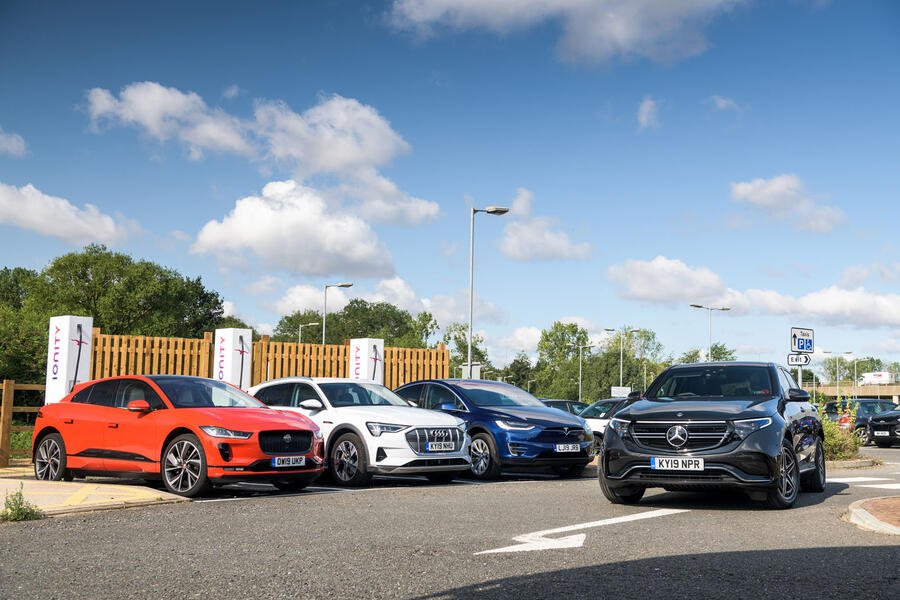As the UK emerges slowly from the coronavirus lockdown, there have been car industry calls for a new scrappage scheme to boost sales and production.
The government is considering such a scheme, although initial ideas are reportedly being reconsidered. Still, any initiatives to boost new car sales will be tied to pushing electrified cars, which could limit the benefits for car firms. It’s also one example of how the pandemic is set to impact on wider long-term moves to make cars less polluting – and limit their use in certain areas.
Why the scrappage scheme will be used to push electrification
The 2010 scrappage scheme was launched to help the economy recover from the financial crisis, offering buyers £2000 for trading in old cars when buying new ones. The new version will offer incentives of up to £6000 to those who trade in older petrol or diesel cars for new low-carbon models.
The heavy emphasis on EVs is tied to government plans to dramatically cut the UK’s carbon emissions and ban the sale of combustion-engined cars by 2032 at the latest. That EV focus follows the lead of France and Germany, which both centred automotive elements of their economic stimulus packages around encouraging EV take-up.
At one level, this will aid the industry, with manufacturers needing to sell electrified cars to reduce fleet emissions to meet tough European Union CO2 targets. Potential discounts of up to £6000 will help to offset the cost difference between combustion-engined cars and EVs.

But the industry concern is that tying the scheme closely to EVs could limit its effectiveness in providing an economic boost due to the relatively small market share of EVs. Alternatively fuelled vehicles, comprising all electrified powertrains, accounted for 20.6% of the UK market last year – with battery-electric vehicles just 1.6%.






















Add your comment